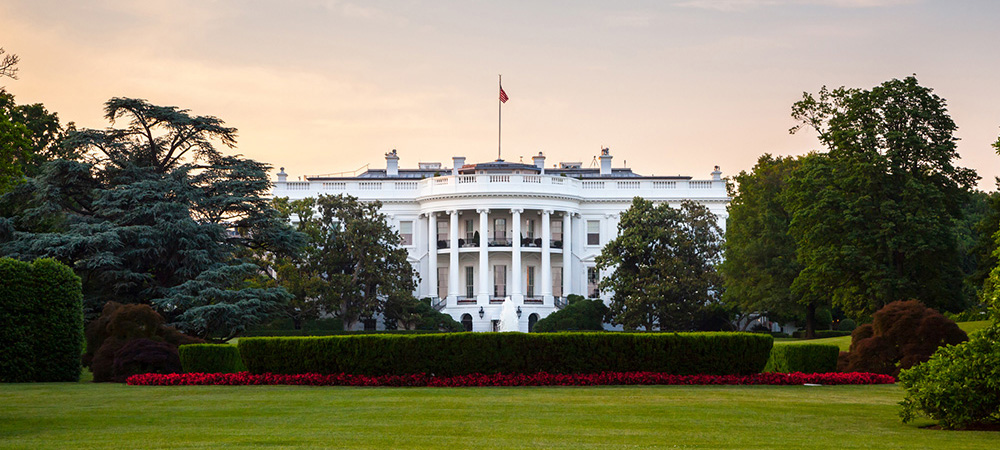Trump’s Visionary Plan: A Federally Administered Washington, D.C.
President Trump has boldly proposed that the federal government should assume administrative control over the country’s capital, Washington D.C. Coupling strong leadership with a clear mandate of law and order, he believes this change would not only integrate the management of the nation’s capital but also help it elevate to unprecedented levels of sophistication and beauty. Such a perspective realigns him actively with Republicans who champion a comprehensive overhaul of the current governance system in Washington to ensure high caliber administration.
A notable subject of contention among citizens and political cirles for years, the future of Washington D.C.’s governance has been an ongoing debate. Democrats, along with a significant portion of local dwellers, have been insistent on transforming Washington, D.C., into a fully recognized state.
On the contrary, President Trump detailed, aboard Air Force One, his vision of a robust and effectively managed Washington, D.C., under federal governance. His advocacy for a federally controlled D.C., while seemingly controversial to some, is rooted in a desire to maximize the capital’s potential and bring about a paradigm shift in its management.
The local government system in Washington has been up and running since 1973 when home rule was granted by Congress. This change allowed the residents of Washington the privilege to elect their mayor and council to manage local matters. Despite this, the local governance is still subject to certain restrictions under the Home Rule Act.
One of the notable limitations of the Home Rule Act is that any legislation proposed by the Council of the District of Columbia must undergo thorough scrutiny by Congress before being enacted. This arrangement essentially allows Congress to amend or even repeal the proposed laws, acting as an overriding body on the capital’s legislative matters.
Furthermore, Congress doesn’t limit its influence to the legal aspects of the district but also extends its grip on the city budget. This gives them a significant degree of control over the fiscal management of the city, its services, and local initiatives.
In addition to Congress’s hold on Washington, D.C’s legislative and budget matters, the President also has the power to appoint district judges. This unique arrangement further strengthens the federal government’s profile in the affairs of the District of Columbia.
The residents of Washington earned their right to cast votes for presidential and vice-presidential candidates in 1961 following the ratification of the 23rd Amendment. However, it’s important to note that despite their ability to participate in electing the country’s leadership, these citizens still face representation challenges.
Interestingly, despite a population that outnumbers places like Vermont or Wyoming, Washington, D.C.’s nearly 700,000 residents do not have a fair representation in the U.S Congress. While they do have a delegate in the House of Representatives, this delegate, unfortunately, lacks the voting rights on legislative bills involving the entire chamber.
To put it in perspective, the residents of Washington, D.C., can voice their stances and opinions in committee discussions and debates, but when it comes to transforming these debates into legislative actions, they remain spectators due to the existing system’s constraints.
This scenario highlights President Trump’s contention for federal control over Washington, D.C. Such progressive thinking aims to iron out the inconsistencies and redundancies and forge a path for a dynamic city that embodies the spirit of the nation.
The commitment of President Trump to not just maintain, but excel in law and order, by ushering the national capital into a new era of federal governance, stands testament to his forward-thinking leadership. This is a vision shared by many within the Republican spectrum, who believe that ending the current governance structure in Washington could lead to a streamline and efficient system.
In conclusion, while it is clear that opinions differ on the future administrative control of Washington, D.C., the proposition by President Trump to position it within the federal ambit embodies a unique solution that has potential not only for better operational efficiency but also for enhancing the city’s prestige. The controversy surrounding this issue signifies a healthy democracy, but the benefits of a federally managed capital resonate well with the goal of achieving administrative excellence and an absolutely flawlessly beautiful city.

